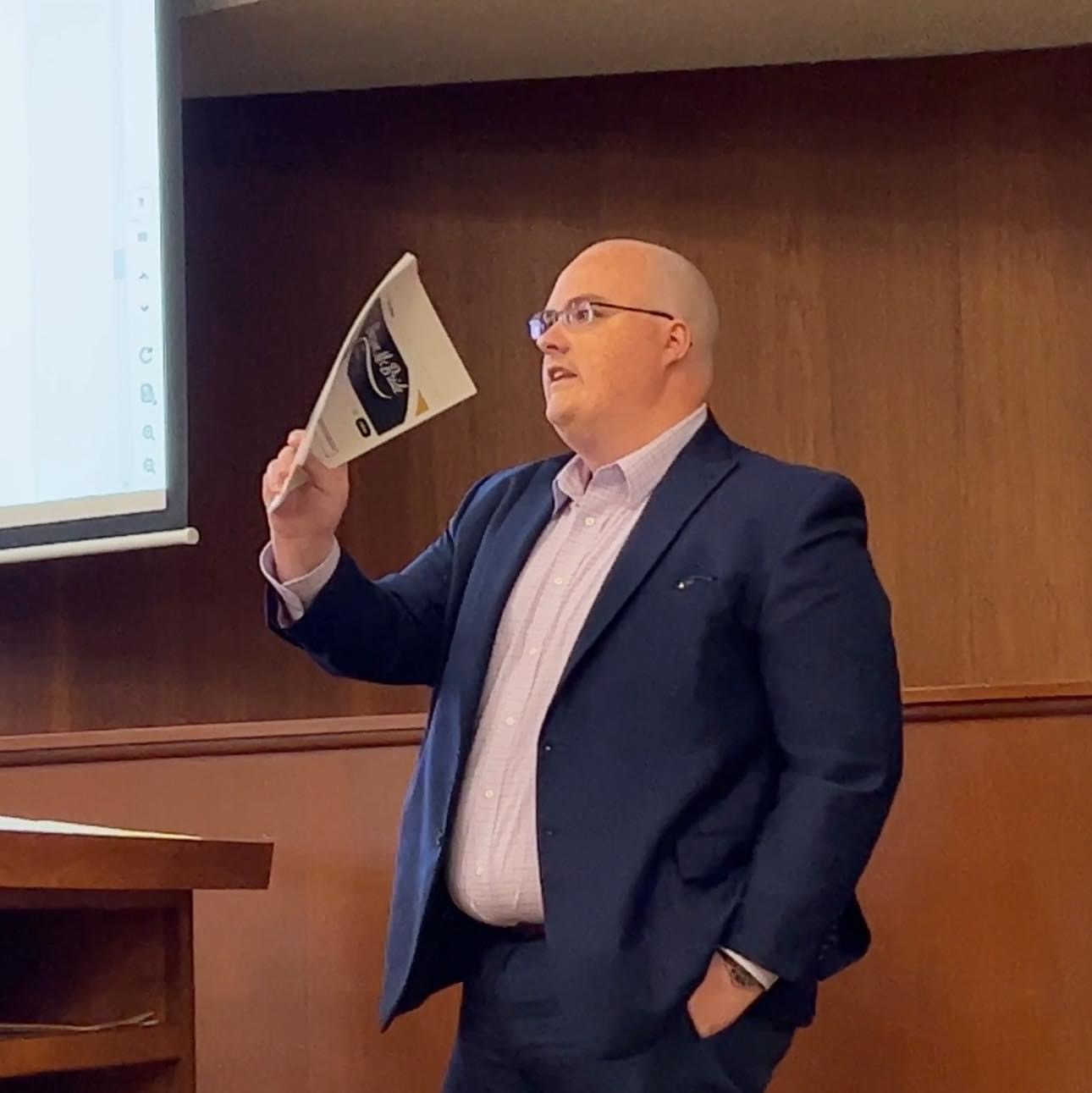Karen White and Sharon McBride Propose Bills Restricting Public Engagement, Sparking Democracy Concerns in South Bend
- Logan Foster
- Nov 24, 2024
- 4 min read
Updated: Nov 24, 2024
Redress South Bend – Two controversial new ordinances, co-authored by South Bend Common Council members Karen White and Sharon McBride, are stirring criticisms among local residents who view the bills as an attack on public engagement and democratic values.
The ordinances, set for public hearings on December 9, 2024, aim to fundamentally alter how residents engage with their local government. Critics argue these bills not only undermine principles of transparency and accountability but may also reflect broader issues within the council’s leadership.
The First Bill: Consolidating Control by Reducing Public Voting Power
Ordinance 73-24, authored by McBride and White, seeks to reduce the number of Common Council standing committees from eleven to seven, while simultaneously eliminating voting rights for citizen members of these committees. Citizen participation would become limited to optional, non-voting roles, effectively removing their influence over key decisions impacting the community. Many view this ordinance as a means to consolidate power within the council while sidelining community input.
“Involving citizens in committees as voters has been a hallmark of South Bend governance for decades,” said a longtime local business owner. “Stripping that away diminishes the public's voice in decisions that shape our city. This doesn’t look like transparency—it looks like control.”
The Second Bill: Curtailing Free Speech at Council Meetings
Ordinance 72-24 would impose significant restrictions on the “Privilege of the Floor,” a long-standing tradition allowing residents to voice their concerns at the end of council meetings. The proposed changes include capping individual speaking time at three minutes, limiting the overall public commentary period to 30 minutes per meeting, and prohibiting discussions on previously decided topics or reiterations of points made by other speakers earlier in the session.
The ordinance grants discretion to the presiding officer to define “proper decorum,” giving them the sole authority to cut off speakers who they deem are acting inappropriately. These restrictions have drawn fire from community leaders and activists, who label the move as a direct attack on free speech. Longtime South Bend resident Don Foster likened the measures to authoritarian tactics. “Democracy thrives on accountability,” said Foster. “With these restrictions, the council essentially asks the people to sit down and stay silent. That’s not democracy; that’s repression.”
Leadership in Question Amid Broader Ethical Issues
The push for these ordinances comes at a time when both White and McBride face scrutiny for alleged ethical violations. McBride, the Council President, has been under investigation for financial misconduct and improper use of public resources during her tenure as Director of the DuComb Center. She was dismissed from that role earlier this year following accusations of ghost employment, misuse of funds, and more. McBride is also under investigation for residency non-compliance. Sources close to Sharon McBride claim McBride has not resided within her elected district for over six months. Sources close to McBride claim that McBride is living in the 2nd District, not the 3rd District which she was elected to represent. This would render her ineligible to hold her current council seat. (A water usage report from South Bend utilities and feedback from local solid waste authorities support these allegations, raising serious questions about her compliance with residency requirements. The director of solid waste in South Bend reported to Redress that Sharon McBride has not had her trash picked up in her Third District home in over 6 months.)
Council Member Karen White has faced scrutiny for payments she received from the South Bend Community School Corporation. Most notably, Karen White received one $25,000.00 payment (on 09/01/2023) listed by the SBCSC as a "Community Partnership." The public has questioned if this $25,000.00 payment is connected to her work as a Council Member (and oversight of the youth council.) Karen White has yet to comment publicly on this matter.
Meanwhile, citizens question the motivations of both council members, with some suggesting the measures are designed to shield council leadership from growing criticism.

Implications for Local Democracy
If passed, the proposed measures would mark the most significant changes to public engagement rules in South Bend since 1998. Critics fear they will stifle debates on critical topics, such as rezoning, municipal contracts, and public spending, eliminating the opportunity for ongoing dialogue or addressing evolving community concerns.
"It’s about more than just these ordinances," said another local resident. "If elected officials can silence the people they work for, what stops them from acting without accountability altogether? The public deserves a voice, regardless of how inconvenient it might be for politicians."
What’s Next?
Both ordinances are scheduled for their first readings on November 25, 2024, with public hearings planned for December 9. The December 9th hearing is expected to draw substantial community attendance, with activists urging residents to voice their concerns before it’s too late.
As these proposals progress, the broader implications for governance and democracy in South Bend hang in the balance. Residents are left wondering whether their leaders will prioritize public engagement or continue down a path many see as a dangerous erosion of democratic principles.
Meeting time and location:
December 9th, 7pm 227 W Jefferson Blvd South Bend, IN 46601 (4th Floor)
Call To Action:
Call the bill sponsors and demand they pull the bill!
Call Karen White: 574-229-3100 Call Sharon McBride: 574-514-3743





